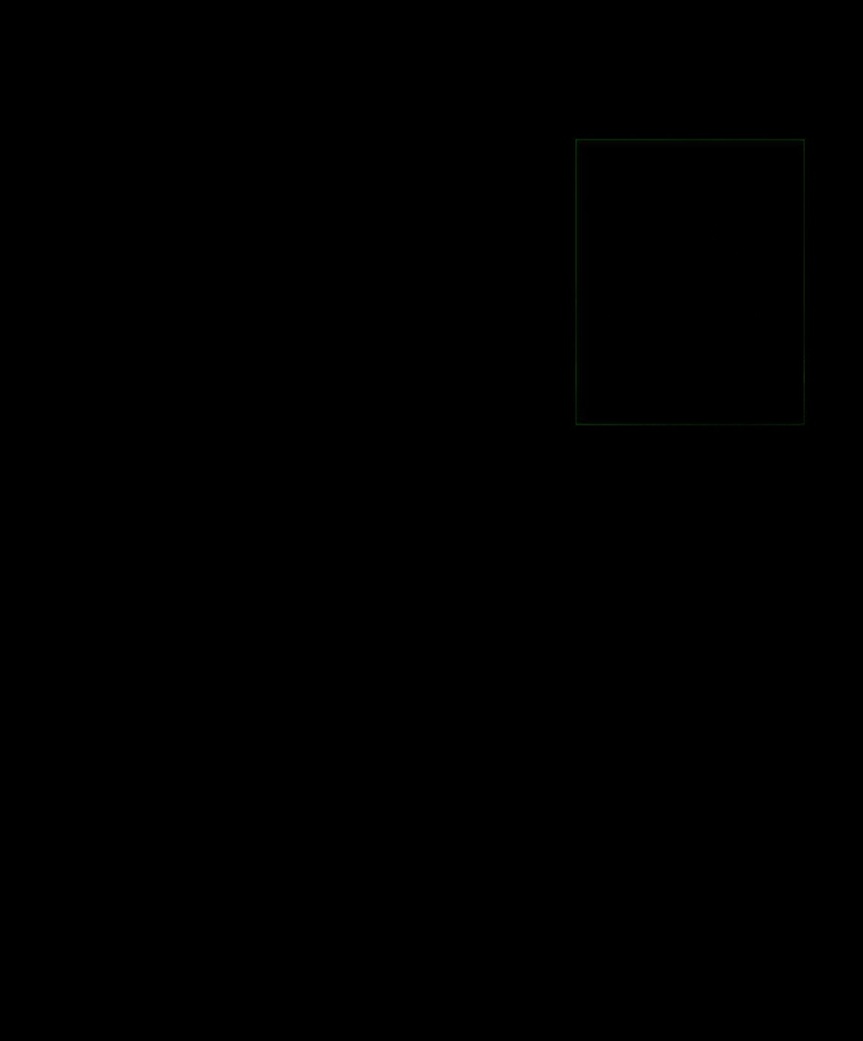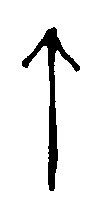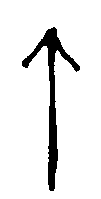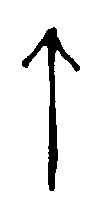The Psychology Book (28 page)
Read The Psychology Book Online
Authors: Unknown

AND RELAX
JOSEPH WOLPE (1915–1997)
IN CONTEXT
According to Pavlov and
APPROACH
Watson, it is possible to
People cannot feel
Reciprocal inhibition
learn an emotional
two opposing emotions
response
to a particular
at the same time.
BEFORE
stimulus.
1906
Ivan Pavlov publishes
the first studies on stimulus-
response techniques, showing
that behavior can be learned
through conditioning.
So it must also be possible
If someone is
relaxed
, they
1913
John B. Watson
to
unlearn a response
to
cannot also be
anxious
.
a stimulus.
publishes
Psychology as
a Behaviorist Views
It
,
establishing the basic tenets
of behavioral psychology.
1920
John B. Watson’s
If
deep relaxation
is taught as a conditioned
Little Albert experiments
response to a
feared object
, anxiety cannot be
demonstrate that emotions
felt at the same time.
can be classically conditioned.
1953
B.F. Skinner publishes
The Behavior of Organisms
,
presenting his theories on how
human behavior relates to
biology and the environment.
F
or most of the first half of the thoughts, including their formative 20th century, psychotherapy
experiences. But South African-
was dominated by Freudian
born psychiatrist Joseph Wolpe had
psychoanalysis, which assumes
treated soldiers for anxiety brought
AFTER
that anxiety results from conflicting
on by post-traumatic stress
forces deep within the psyche.
disorder (then known as “war
1961
Wolpe introduces the
This conflict can only be alleviated
neurosis”) during World War II, and
concept of systematic
through a lengthy, introspective
had found these psychotherapeutic
desensitization.
analysis of both the individual’s
practices ineffective in helping his
conscious and subconscious
patients. Talking to these men

BEHAVIORISM 87
See also:
Ivan Pavlov 60–61 ■ John B. Watson 66–71 ■ B.F. Skinner 78–85 ■ Aaron Beck 174–77 ■ W.H.R. Rivers 334
deep-muscle relaxation techniques,
which he went on to pair with
simultaneous exposure to
some form of anxiety-inducing
stimuli—a technique that became
known as reciprocal inhibition.
Behavior depends upon
Wolpe’s patients were asked
the paths that neural
to imagine the thing or event that
excitation takes.
they found disturbing. If they
Joseph Wolpe
started to become anxious, they
would be encouraged to “stop
imagining the scene and relax.”
This approach gradually blocked
out a patient’s feelings of fear. Just
as the patient had previously been
conditioned by his experiences to
about their experiences did not
become anxious when recalling
stop their flashbacks to the original
certain particularly harrowing
Phobias such as fear of mice
have
trauma, nor did it end their anxiety.
memories, he now became
been treated successfully using methods
developed from Wolpe’s idea of reciprocal
conditioned—within a very short
inhibition: the pairing of deep relaxation
Unlearning fear
time—to block out his anxiety
with exposure to the feared object.
Wolpe believed that there must be
response, by focusing on the
a simpler and quicker way than
directly contradictory feeling of
psychoanalysis to address the
being totally relaxed.
results, and led to many important
problem of deep anxiety. He was
Wolpe’s reciprocal inhibition
new techniques in the field of
aware of the work of behaviorists
succeeded in reconditioning the
behavioral therapy. Wolpe himself
such as Ivan Pavlov and John
brain by focusing solely on symptoms
used it to develop a systematic
Watson, who had successfully
and current behavior, without any
desensitization program to cure
taught animals and children new
analysis of a patient’s past. It was
phobias, such as fear of mice or
behavioral patterns through
also effective and brought fast
flying, which is still widely used. ■
stimulus-response training, or
classical conditioning. They had
Joseph Wolpe
he taught at the University
been able to make a previously
of Virginia, then became a
unfelt emotional response to an
Joseph Wolpe was born in
professor of psychiatry at
object or event become automatic.
Johannesburg, South Africa.
Temple University, Philadelphia,
Wolpe reasoned that if behavior
He studied medicine at the
where he set up a respected
could be learned in this way,
University of Witwatersrand,
behavioral therapy institute.
it could also be unlearned, and he
then served in the South African
Renowned as a brilliant teacher,
proposed to find a method of using
Army, where he treated people
Wolpe continued to teach until
this to help disturbed war veterans.
for “war neurosis.” Returning
he died of lung cancer, aged 82.
Wolpe had discovered that a
to the university to develop his
Key works
human being is not capable of
desensitization technique, he was
ridiculed by the psychoanalytic
experiencing two contradictory
establishment for attempting to
1958
Psychotherapy by
states of emotion at the same time.
treat neuroses without first
Reciprocal Inhibition
It is not possible, for example, to
identifying their cause. Wolpe
1969
Practice of Behavioral
feel great anxiety of any kind, when
relocated to the US in 1960,
Therapy
you are feeling very relaxed. This
taking US citizenship. Initially,
1988
Life Without Fear
inspired him to teach his patients

PSYCHOT
THE UNCONSCIOUS
DETERMINES
BEHAVIOR

HERAPY





